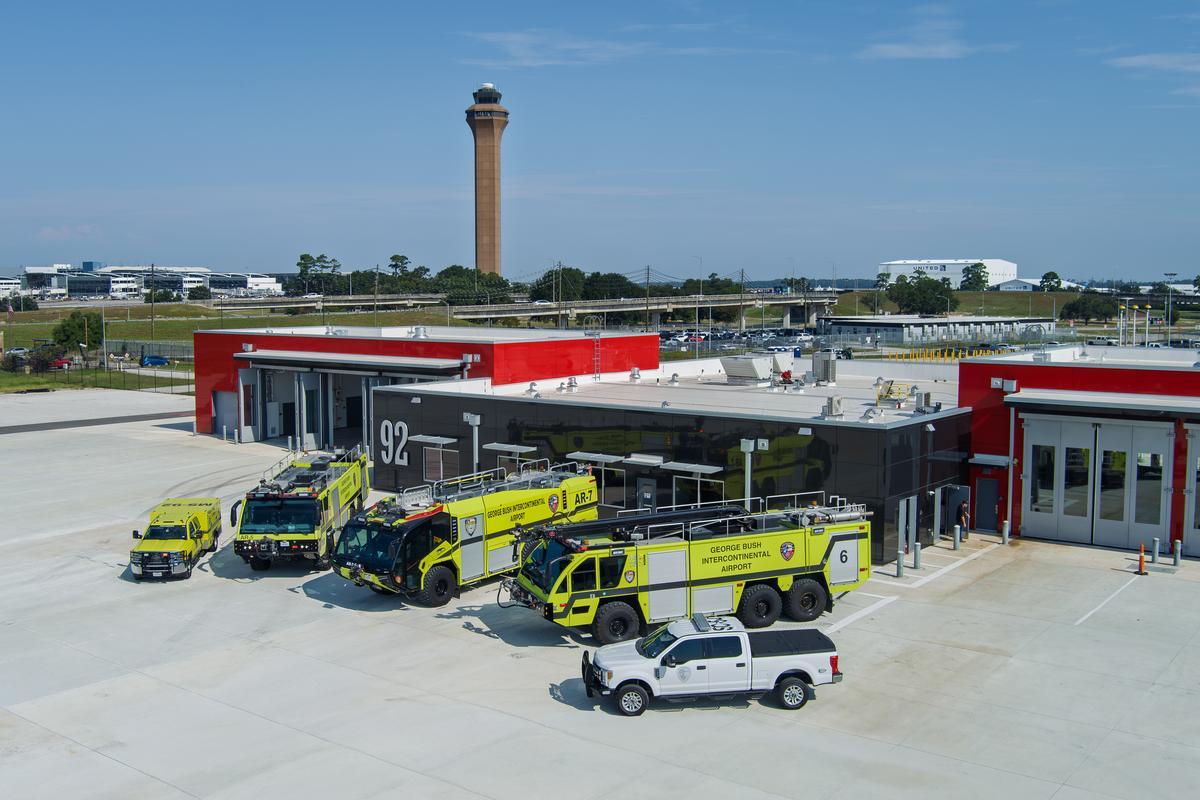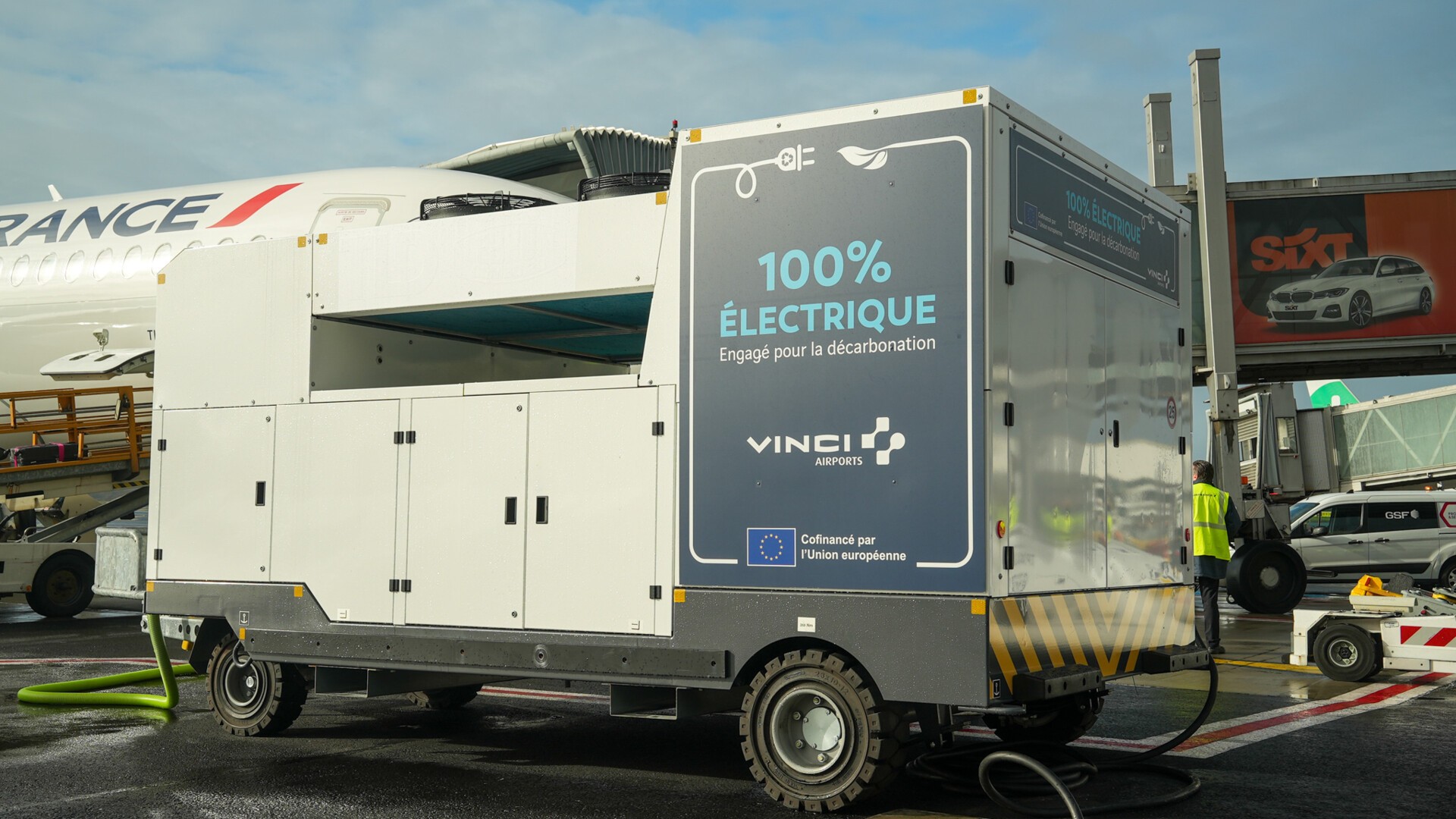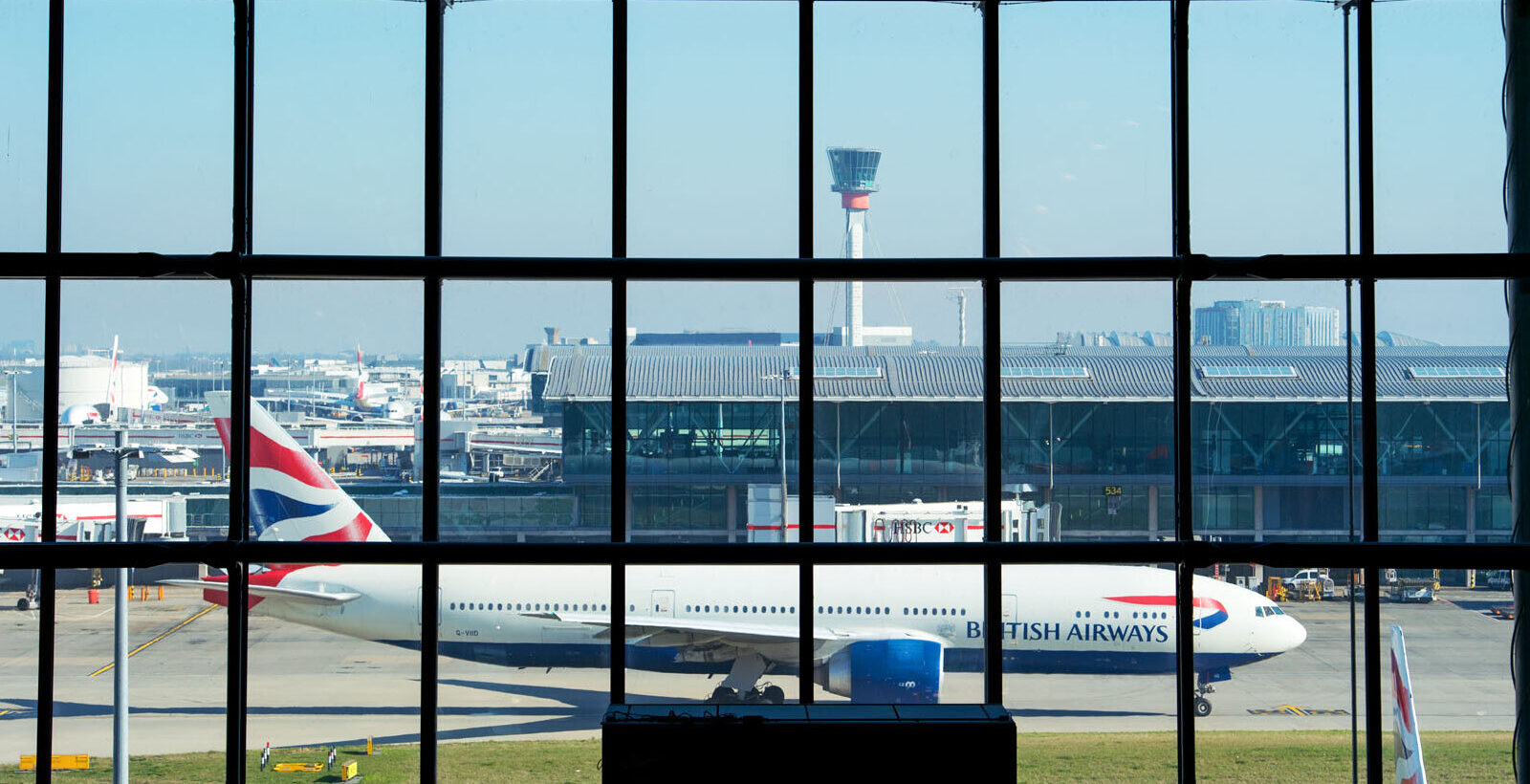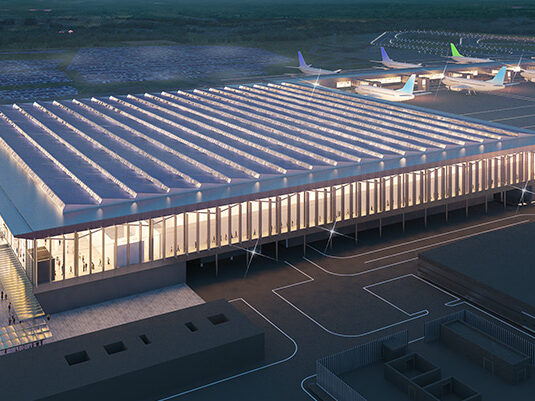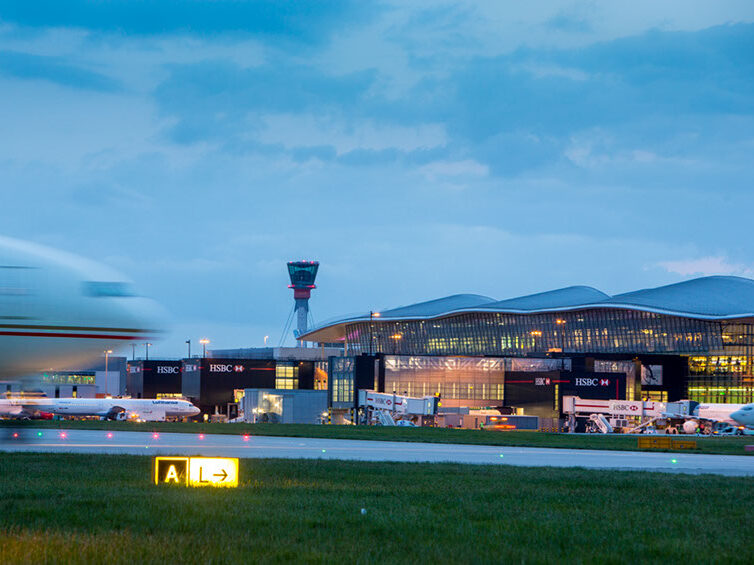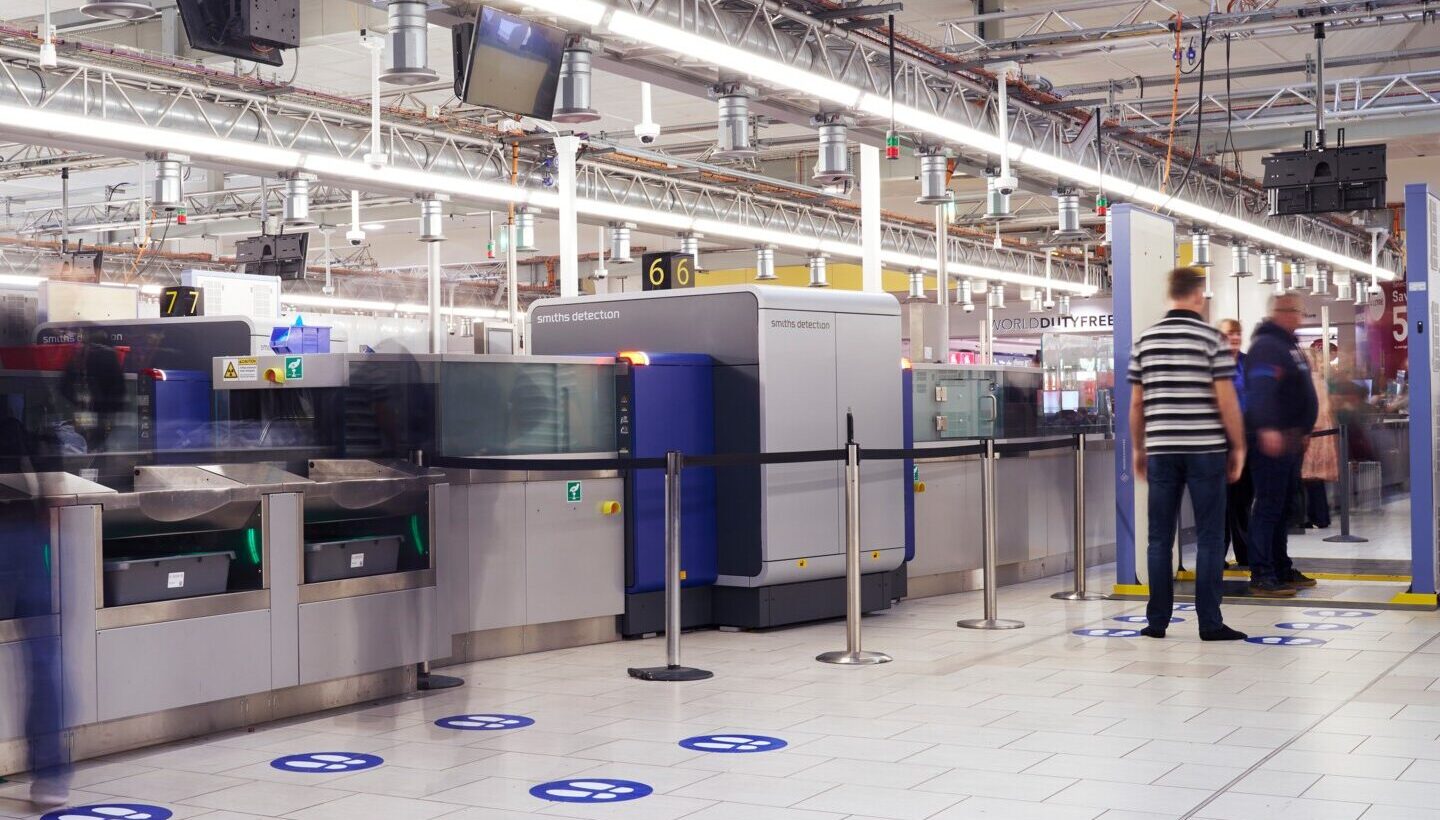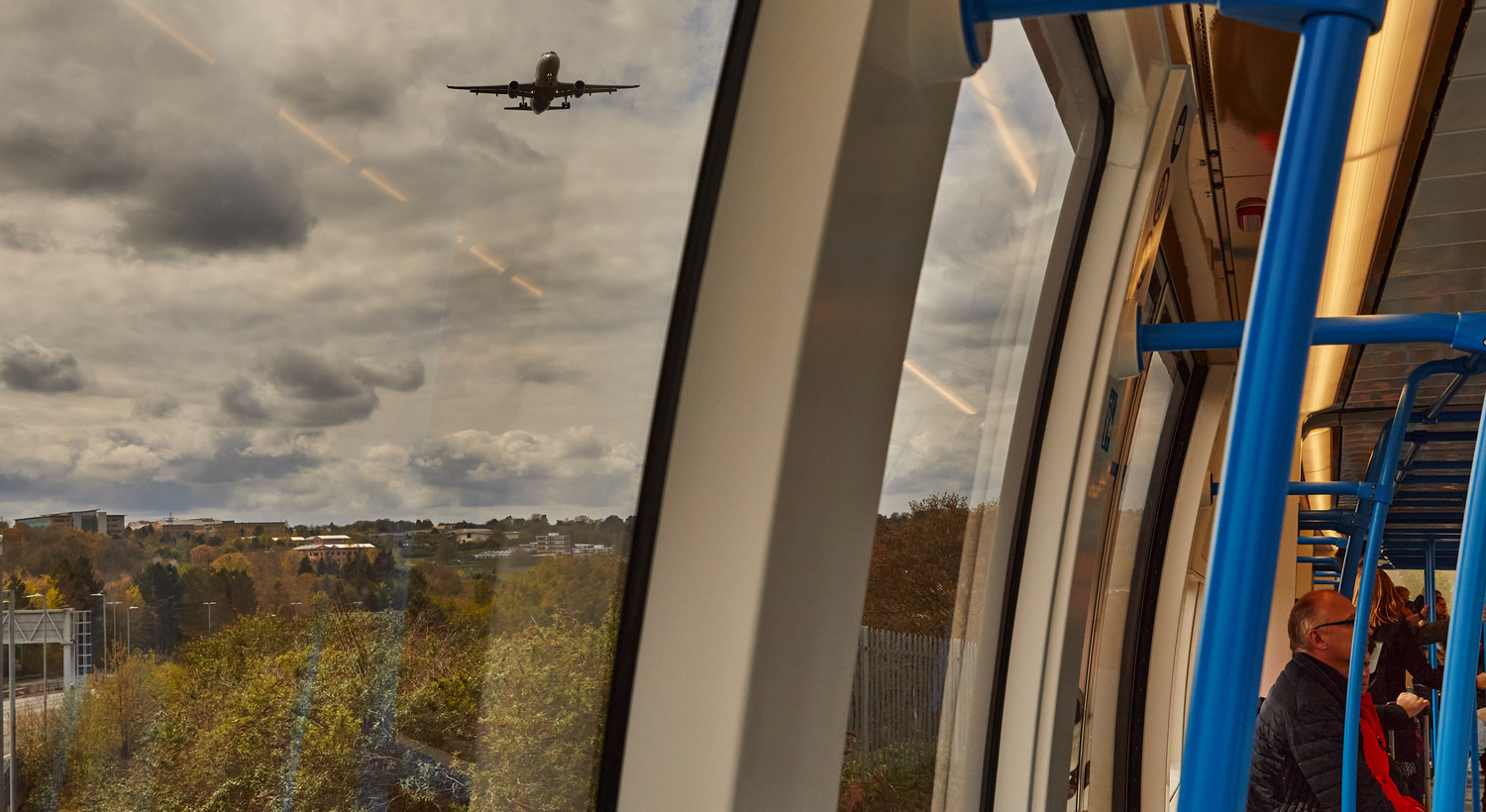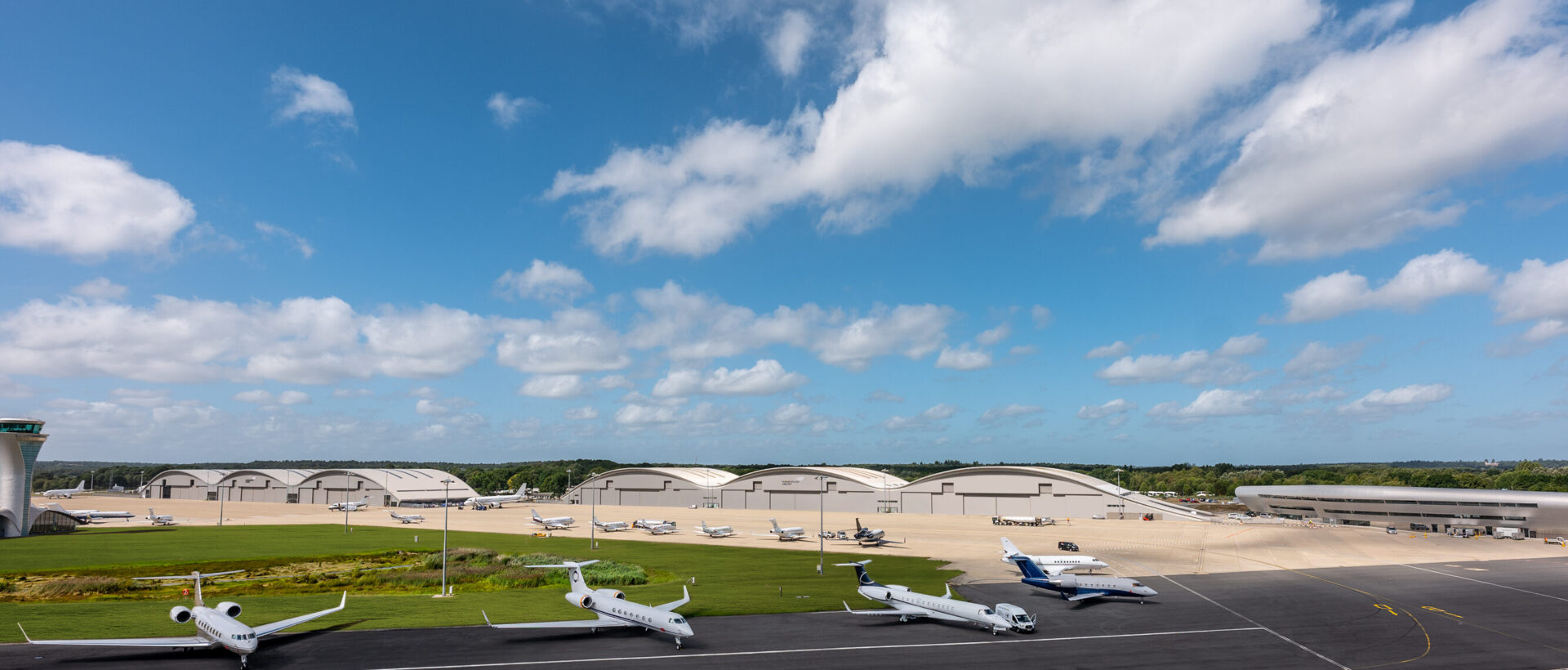Leeds Bradford Airport (LBA) has taken another step in its decarbonisation strategy by fully electrifying its engineering department’s vehicle fleet.
The airport has added seven new electric vehicles (EVs), bringing the department’s total to 12 and marking the first fully electric operational team on site.
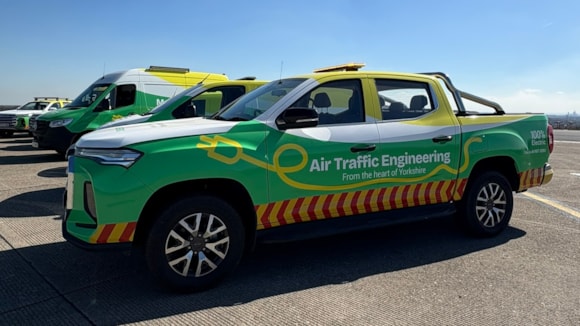
The switch from diesel to electric vehicles is part of the airport’s broader plan to reach net-zero emissions for Scope 1 and Scope 2 activities by 2030.
Scope 1 emissions refer to direct emissions from sources owned or controlled by the organisation, such as fuel-powered company vehicles. Scope 2 covers indirect emissions from the purchase of electricity, heating, or cooling. By targeting both areas, the airport aims to reduce its direct environmental impact.
Joselyn Rankin, Head of Corporate Affairs and Sustainability at LBA said:Emissions we own and control are known as Scope 1 and Scope 2 emissions. This includes all of the carbon emissions for which we are directly responsible and in full control of. For example, our own energy use, heating and cooling and company vehicles. It’s for this reason, that our carbon roadmap focusses on our own emissions as a priority.
On average, Scope 3 emissions typically represent over 90% of a company's total emissions. We, along with the other airports, are more than aware that the majority of our emissions are produced by our on-site business partners, which includes our airline partners. This is not something we are shying away from. We’re committed to putting measures in place to encourage and make it easier for our partners to decarbonise their own operations and have been having productive conversations across our estate to enable this.
At LBA, we want to ensure we are doing everything we can to reach net zero by 2030 across Scope 1 and 2 as we promised in 2018.
In addition to the EV rollout, LBA has recently launched a trial using hydro-treated vegetable oil (HVO) as an alternative to diesel in several heavier airside vehicles, including passenger transfer buses. HVO is a renewable biofuel that can reduce carbon emissions by up to 90% compared to traditional diesel. It also performs more efficiently in cold conditions and is known for improved engine performance and fuel efficiency.
The airport committed in 2018 to reach net zero for its Scope 1 and 2 emissions by 2030 and continues to implement measures in support of that goal.




